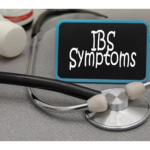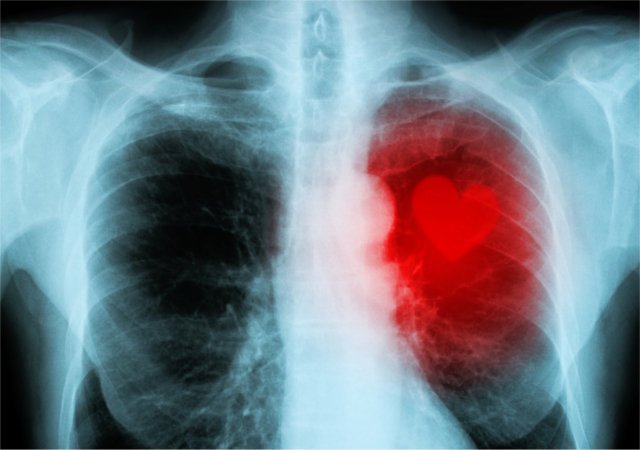Our Blog
What Should My Diet Look Like If I Have IBS?

IBS, short for irritable bowel syndrome, is a chronic condition that causes a series of gastrointestinal issues and discomfort. This condition affects the large intestine and requires long-term diet management, reduced stress levels, and lifestyle changes to ease symptoms. If you live in Mobile or Baldwin county or the surrounding areas, Dr. Mashner of the Gut Authority can help you determine what your diet should look like if you have IBS.
What are the Common Symptoms of IBS?
Your irritable bowel symptoms may not always be bothersome. Symptoms may come and go depending on your diet and daily habits. Some individuals that suffer from IBS may experience uncomfortable symptoms constantly. The most common signs and symptoms of irritable bowel syndrome usually include:
- Abdominal pain
- Cramping
- Gas
- Bloating
- Stool that looks different
- Mucus in the stool
- Change in frequency of bowel movements
- Diarrhea
- Constipation
What are Some Severe Symptoms of IBS?
While some people who suffer from IBS suffer occasional discomfort, others have more severe symptoms that may require medication. Bouts of constipation and diarrhea may occur occasionally or may be chronic. Symptoms such as gas and bloating typically resolve after a bowel movement, but the pain will continue in severe cases. Other examples of more severe IBS symptoms include:
- Vomiting
- Nighttime diarrhea
- Bleeding of the rectum
- Issues with swallowing
- Unexplained weight loss
- Iron deficiency anemia
What Causes Irritable Bowel Syndrome?
Several factors are known to contribute to the onset of IBS. The muscles in the intestinal wall may be contracting too strong, causing gas, bloating, and diarrhea. The muscles may not be contracting strongly enough, leading to hard, dry stool or constipation. Another cause of IBS is an abnormality in the nervous system affecting the signal between the brain and the intestines.
Irritable bowel syndrome can also develop after an infection caused by bacteria or a virus. Changes in a person’s gut microbes are another contributing factor to IBS. A stressful or traumatic event in childhood is also linked to an increased chance of this ailment. Those that suffer from IBS should try healthy ways to reduce stress, such as yoga or meditation to ease their symptoms, in addition to diet control..
What Foods Trigger IBS?
Diet plays a key role in managing irritable bowel syndrome. Some foods and beverages should be avoided if you suffer from IBS. Not all people will have the same foods that trigger their symptoms. Some examples of drinks and foods that are IBS triggers include:
- Wheat
- Dairy
- Citrus fruits
- Beans
- Cabbage
- Carbonated drinks
- Fried foods
- Baked goods
- White rice, bread, pasta, crackers
- Alcohol
- Red meat
- Chocolate
- Artificial sweeteners
What Should My Diet Look Like If I Have IBS?
Healthy eating will help ease the symptoms of IBS. If you suffer from constipation, you should gradually increase your daily intake of soluble fiber and water. Foods that you should incorporate into your diet include:
- Fruits: apples, pears, kiwi, figs
- Green, leafy vegetables
- Sweet potato
- Brussel sprouts
- Beans
- Peas
- Lentils
- Chicken
- Fish
- Seeds: chia and flax
- Clear broths
- Low-fat probiotic yogurt
- Lactose-free milk
- Applesauce
In addition to eating the right foods, you also need to be mindful of portion size. You should eat smaller meals throughout the day to ease the stress on your digestive tract. Eat slowly and take pauses between bites to decrease the amount of air you swallow and increase the amount of saliva you generate, which in turn stimulates the digestive process . You should also consider taking a walk after your meals, rather than sitting down for long periods.
The Gut Authority Can Help
If you reside in or near Baldwin or Mobile County , Alabama, contact Dr. Mashner at the Gut Authority today. Dr. Mashner’s holistic approach to healing will help reduce IBS discomfort by providing empathetic and supportive health coaching. We will guide you through the necessary steps to restore digestive potency and balance your intestinal flora. If you are ready to take responsibility for your health, let us help you with the proper tools and information.




